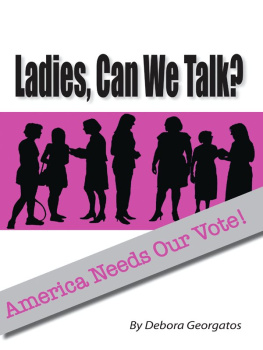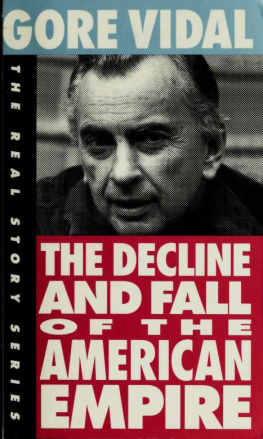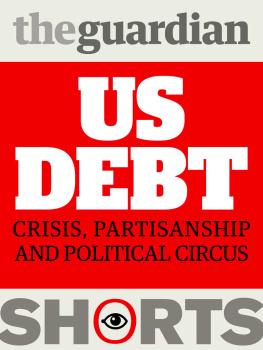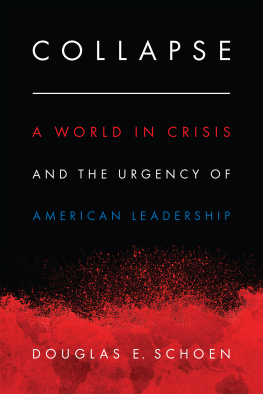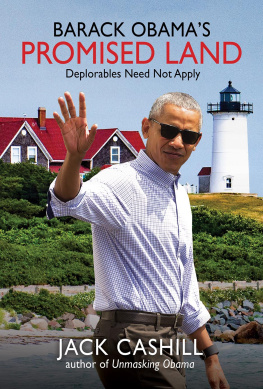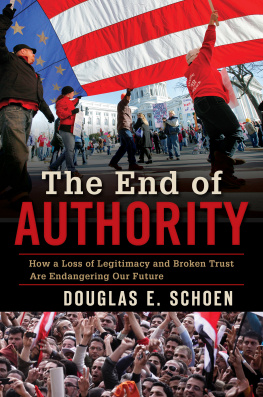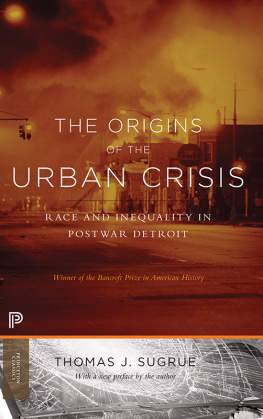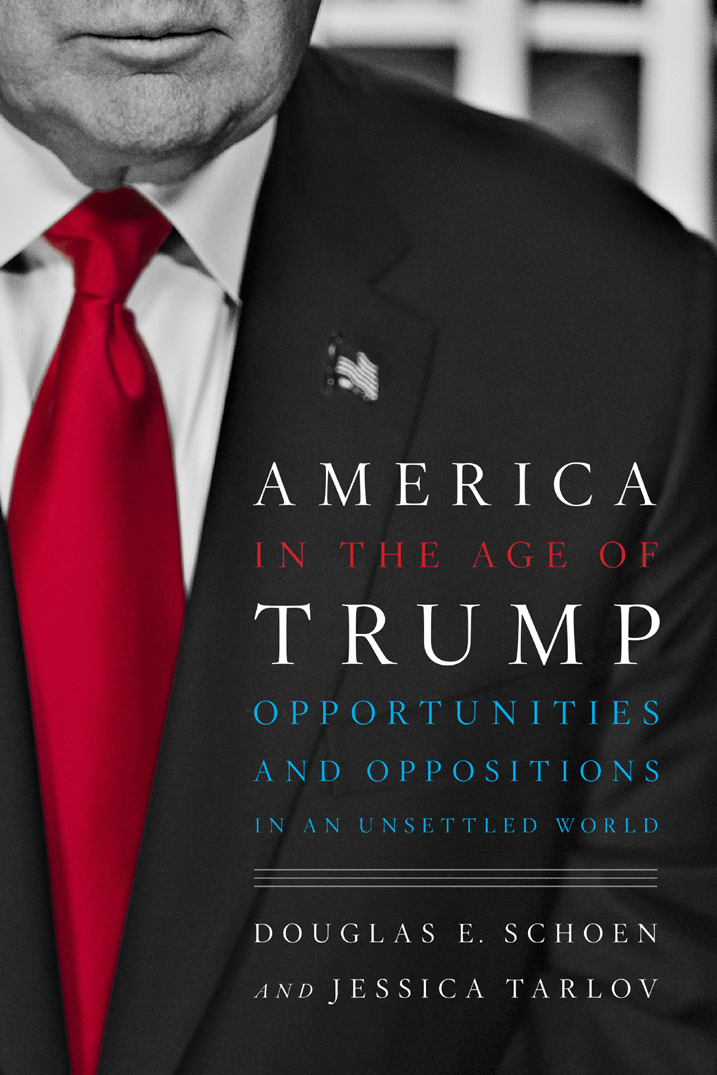

2017 by Douglas E. Schoen and Jessica Tarlov
All rights reserved. No part of this publication may be reproduced, stored in a retrieval system, or transmitted, in any form or by any means, electronic, mechanical, photocopying, recording, or otherwise, without the prior written permission of Encounter Books, 900 Broadway, Suite 601, New York, New York, 10003.
First American edition published in 2017 by Encounter Books, an activity of Encounter for Culture and Education, Inc., a nonprofit, tax exempt corporation.
Encounter Books website address: www.encounterbooks.com
The paper used in this publication meets the minimum requirements of ANSI/NISO Z39.481992 (R 1997) (Permanence of Paper).
FIRST AMERICAN EDITION
LIBRARY OF CONGRESS CATALOGING-IN-PUBLICATION DATA
Names: Schoen, Douglas E., 1953 author. | Tarlov, Jessica, 1984 author.
Title: America in the age of Trump: opportunities and oppositions in an unsettled world / by Douglas E. Schoen and Jessica Tarlov.
Description: New York: Encounter Books, [2017] | Includes bibliographical references and index. |
Identifiers: LCCN 2017001982 (print) | LCCN 2017023756 (ebook) | ISBN 9781594039485 (Ebook)
Subjects: LCSH: Political cultureUnited States. | Political ethicsUnited States. | TrustUnited States. | Public opinionUnited States. | United StatesPolitics and governmentPublic opinion. | United StatesPolitics and government21st century.
Classification: LCC JK1726 (ebook) | LCC JK1726 .S365 2017 (print) | DDC 320.60973dc23
LC record available at https://lccn.loc.gov/2017001982
Interior page design and composition by BooksByBruce.com
CONTENTS
Table of Contents
Guide
Look, you want to know what the biggest national security threat is to this country right now? Its the total dysfunction in Washingtonthe fact that so little can be done by the Congress. They cant even resolve the issue of homeland security. They cant deal with budgets.
LEON PANETTA
The decisions that created todays growthdecisions about education, infrastructure and the likewere made decades ago. What we see today is an American economy that has boomed because of policies and developments of the 1950s and 60s: the interstate-highway system, massive funding for science and technology, a public-education system that was the envy of the world and generous immigration policies. Look at some underlying measures today, and you will wonder about the future.
FAREED ZAKARIA
The American Century, 19142014. RIP.
MICHAEL LIND
O n September 19, 2014, President Obama had just left the White House residence with his family, on their way to Camp David for a summer weekend.
Moments later, Omar J. Gonzalez, a U.S. Army veteran of the Iraq war suffering from PTSD, jumped the black iron White House fence and raced across the lawn, undetected and unhindered by the Secret Service. Gonzalez approached the North Portico door, the iconic entrance, flanked by white columns, known to all Americansand in front of which a Secret Service agent is supposed to stand at all times. No agent was in position as Gonzalez approached, however. He turned the handle; the door was unlocked.
Gonzalez went in. He was met by a female agent, whom he overpowered. Armed with a three-and-a-half-inch knife with a serrated blade, Gonzalez walked around inside the White House, supposedly one of the most heavily guarded buildings in the world. He passed through the Entrance Hall and the staircase leading to the White House family quarters, from which the Obamas had departed minutes earlier. He made it into the 80-foot-long East Room, the stately ballroom from which presidents sometimes give important speechesas when Obama announced to the nation that U.S. forces had killed Osama bin Laden.
Finally, two Secret Service agents caught up with Gonzalez, tackled him, and subdued him. Gonzalez was arrested and later hospitalized. He pled guilty to two charges and will serve a brief prison sentence.
In a post-9/11 era of hyper-security, in which cities large and small had drawn up plans for all kinds of dreadful contingencies, most Americans assumed that if any place was safe from terrorists, it was the White House. Yet here the presidents own home had been breached, not by terrorists but by a lone unstable individual, who had simply walked in through the front door.
In the aftermath, politicians and commentators focused their ire on the Secret Service, which had seen one fiasco after another in recent yearsincluding a security breakdown at a 2009 White House dinner that allowed a couple to crash the event and meet the Obamas, alcohol and sex scandals, a 2011 episode in which bullets struck the White House, and other incidents in which individuals had scaled the White House fence.
Gonzalez-like incidents dont just happen; they are not the result of one-day glitches. They are the byproduct of institutional decay. Secret Service director Julia Pierson resigned soon afterward, and subsequent investigations revealed that agents radios hadnt functioned properly, that some agents werent trained properly in how to use them, and that an alarm system in the White House had malfunctioned. Its not clear if the agency can ever recapture its lost prestige.
The Gonzalez episode illustrates more than the decline of the Secret Service: it also stands as a fitting symbol of a nation in a tailspin. When Gonzalez was apprehended, he said that he had wanted to warn the president that the atmosphere is collapsing. He may have been speaking in meteorological terms, but taken broadly, his phrase is fitting. For millions, it is the atmosphere of American life that seems to be collapsing.
By now, most Americans know that the country faces enormous fiscal, economic, social, and national security challenges: out-of-control federal spending, frighteningly large deficits, massive gaps in income and opportunity, family breakdown and cultural division, political dysfunction and paralysis, and a roiling, violent world in which American power seems increasingly incidental. And in the midst of all thiswith two wars essentially lost over a decade, an economy recovering by traditional indicators but creating too few decent-paying jobs, and a vacuum of political leadership in Washington, both in the White House and in Congressfew signs suggest that we are about to turn things around.
Indeed, by this time in our history, the United States faces an existential crisis for our survival. It is a crisis with many facets:
The crisis of values that jeopardizes our culturethe breakdown of the family, the loss of belief in traditional virtues, and the decline of American confidence.
The crisis of trust in Americas governing institutions that threatens our democracy.
The crisis of governance that stifles the aspirations of millions of Americans.
The crisis of educationa corrosive, broad-ranging failure in American schoolingthat stunts our competitiveness as a society.
The crisis of national security that endangers our public safety, imperils the cause of democracy overseas, and weakens America internationally.
The crisis of solvency of our definitive entitlement programs and the need to find alternatives to President Obamas failing health care program.
The crisis of an American economy that no longer provides upward mobility.
The crisis of Americas ever-expanding prison population, its persistent underclass, and the consistent weakening of our social fabric.


